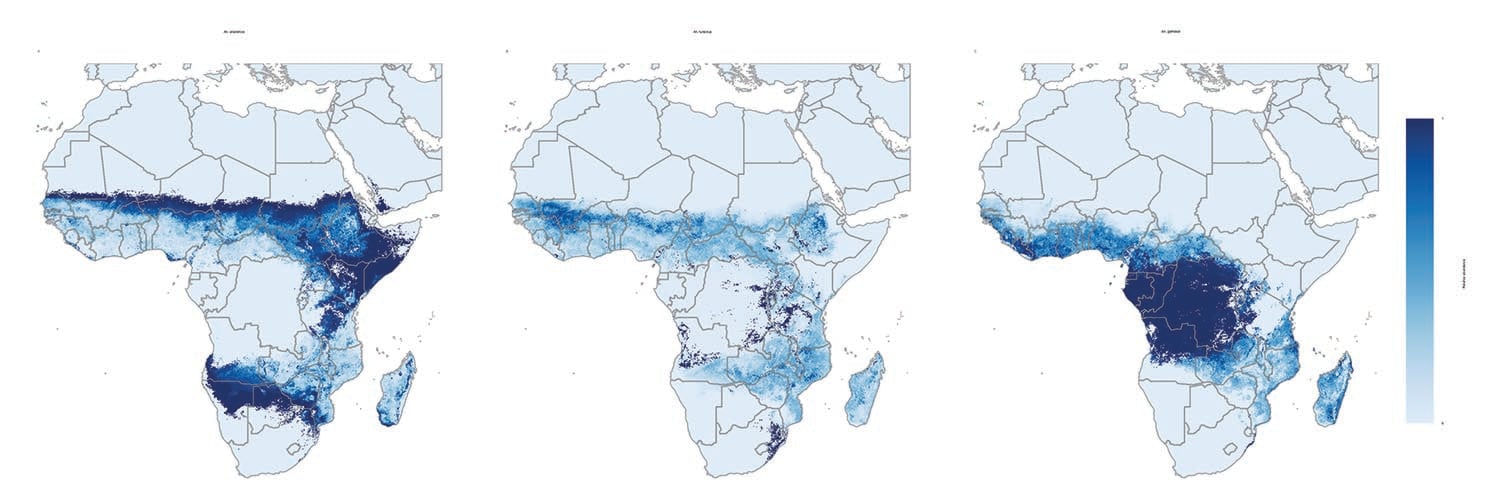Global efforts led by The Kids Research Institute Australia’s Child Health Analytics program will see nations impacted by high rates of malaria empowered to develop their own controls and solutions.
Decentralisation of expertise is critical to the future of the newly formed Infectious Disease Ecology and Modelling (IDEM) team and its recently launched Vector Atlas, headed by IDEM Director, Professor Nick Golding, also of Curtin University.
The Vector Atlas is a database of up-to-date maps of the distribution and abundance of mosquito vector species already helping researchers and vector control coordinators in Africa.
It is a truly global affair, with expertise coming from the The Kids Research Institute Australia, key partner and Kenyan organisation the International Centre for Insect Physiology and Ecology (ICIPE), and the University of Oxford.
“Malaria has a massive health burden, particularly in Africa where the majority of cases and deaths occur. We’ve made huge bounds since the early 2000s, so the number of cases and deaths have gone down thanks to interventions – things like mosquito nets around houses,” Professor Golding said.
But vector control is critical to the ongoing treatment of the disease – so we can know which interventions to use, which types of insecticides, which nets to install, and which mosquito species are populating which areas.
Traditionally a rural disease, the spreading of malaria to cities is one of the key concerns the Vector Atlas will help to address. Also of concern is the increase in insecticide resistance resulting from agricultural insecticide practices and the threat of invasive species of mosquitoes travelling south from the Arabian Peninsula to the Horn of Africa and into West Africa.

Pictured: Modelling shows the relative abundance of three mosquito vector species across Africa
